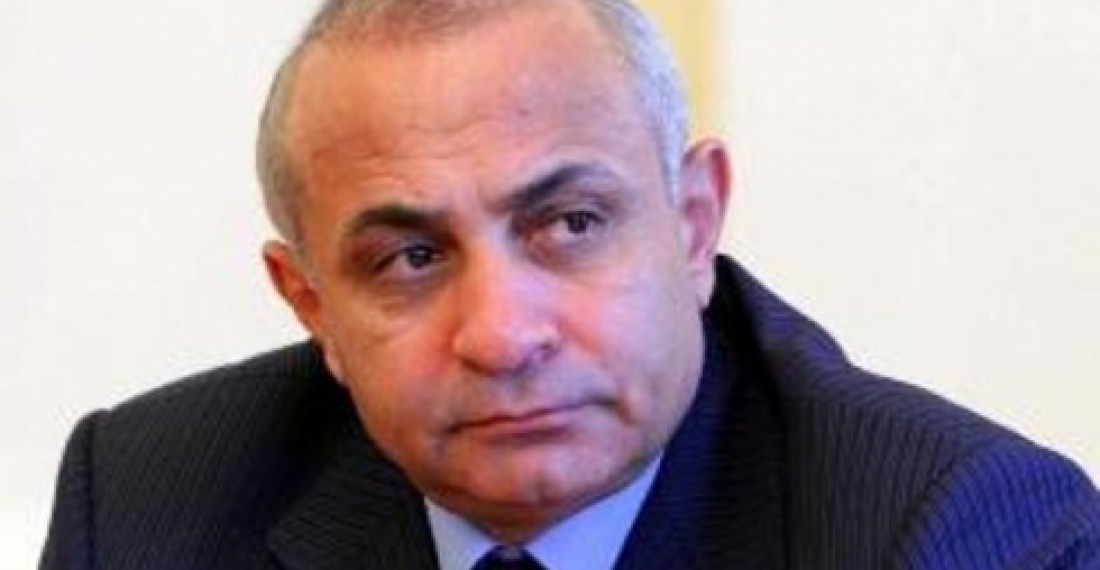It is expected that when the Armenian Parliament meets later today for the first time after the 6 May elections, that Hovik Abrahamyan will be nominated as Speaker. Abrahamyan held this post until a few months before the elections, when he resigned to head the election campaign team of the ruling Republican Party of Armenia.
The new Parliament will however be a significantly different institution. Not only will there now be six political parties represented in the legislature, but perhaps more important the second largest party in the legislature, the Prosperous Armenia Party will not be part of the new government. This will give non governmental forces in the Parliament a very significant role.
The new Parliament will also include a number of new faces, and will include fortheen women MPs, as well as a generation of younger politicians who are joining parliament for the first time.
Some opposition parties have announced that they will not participate in the opening ceremony, but all parties have indicated that they will play an active role in the new Parliament. Armenia now has the most pluralistic parliament in the South Caucasus, will all major political forces represented in the Parliament.
source: commonspace.eu
photo: Hovik Abrahamyan







